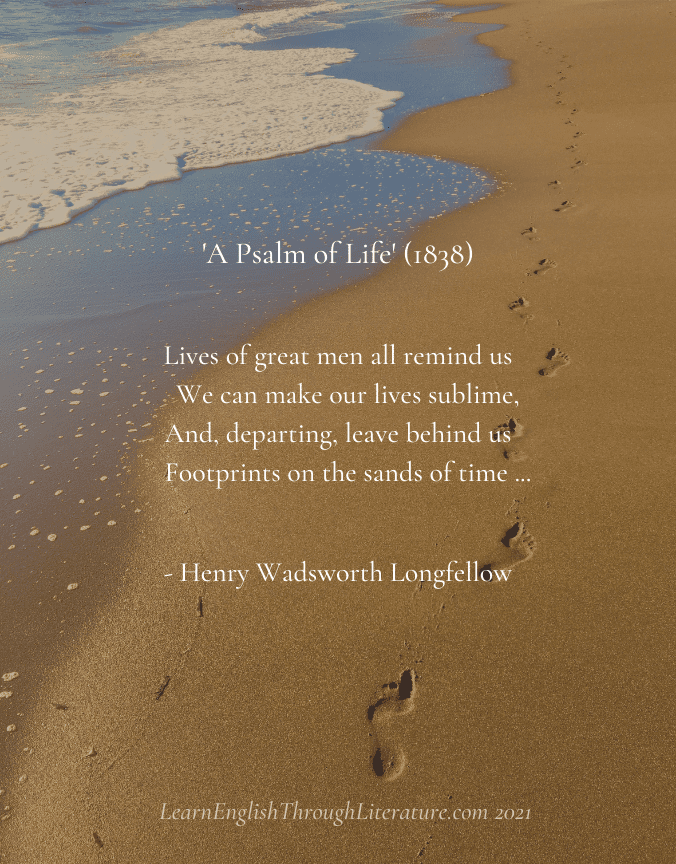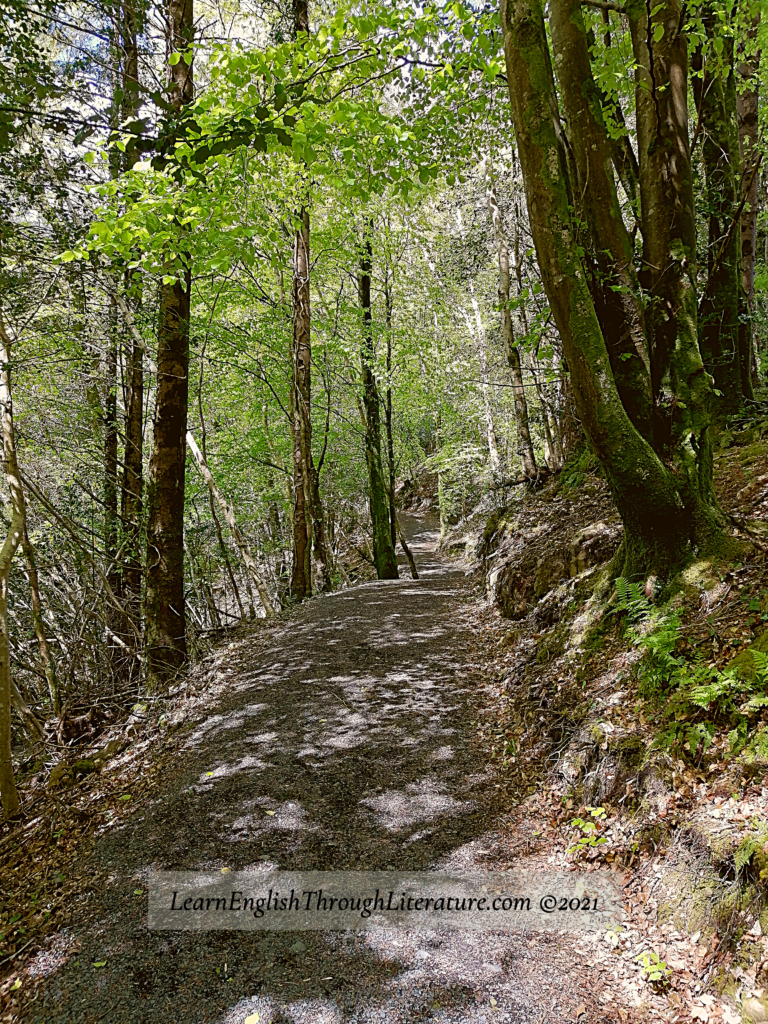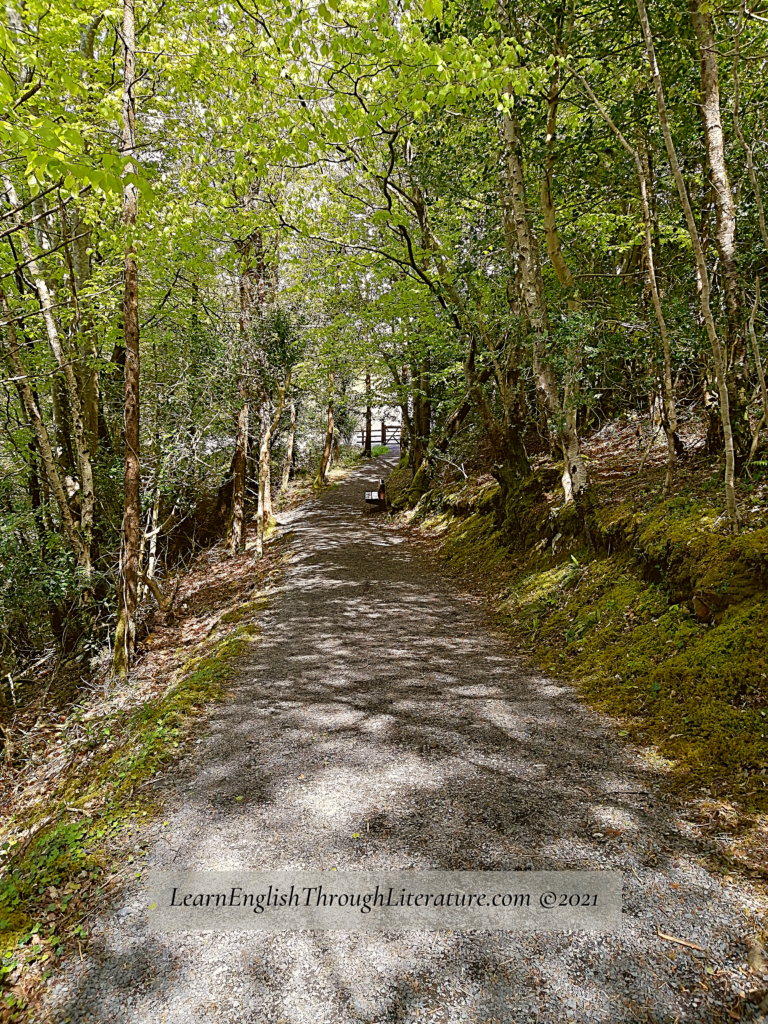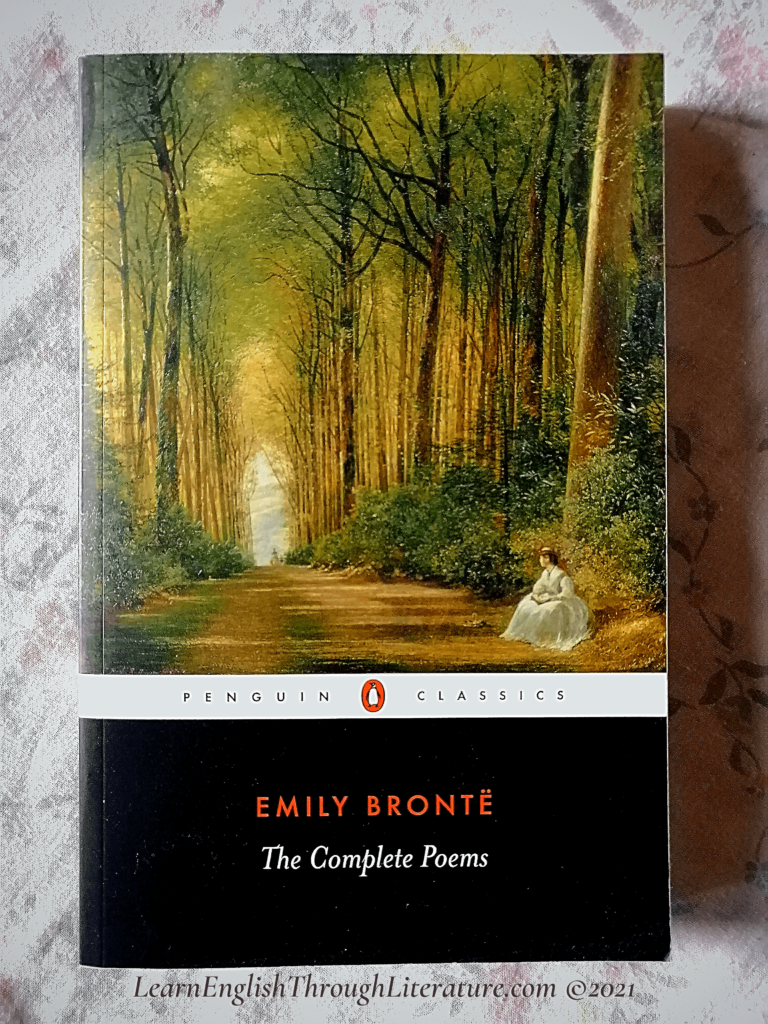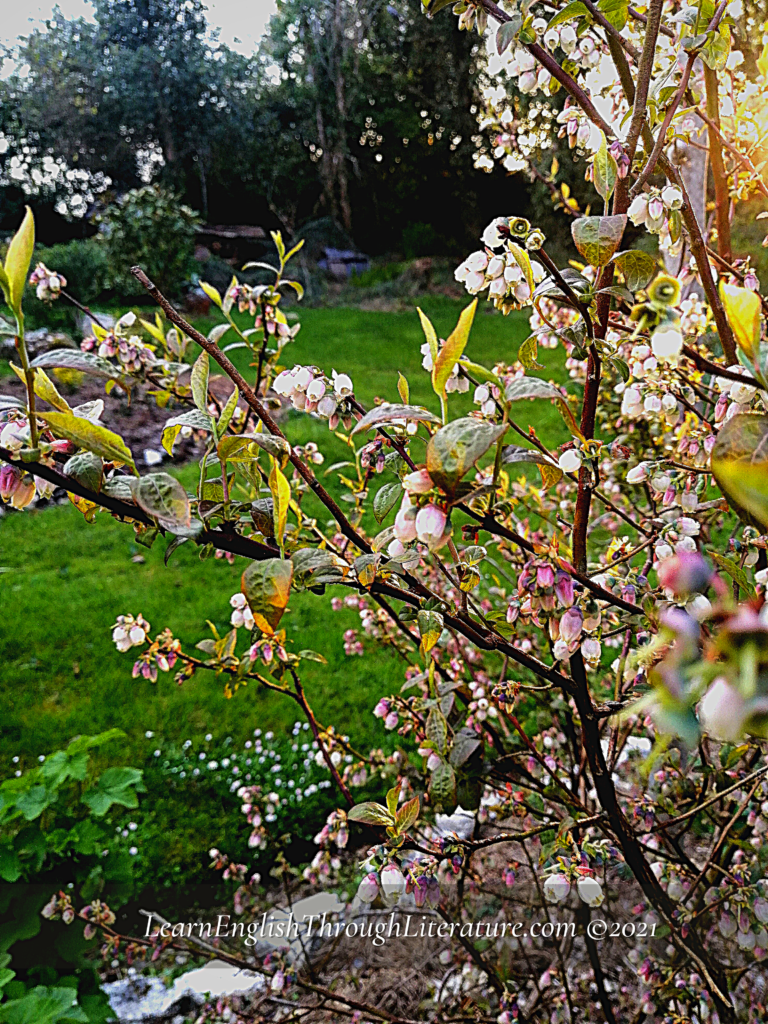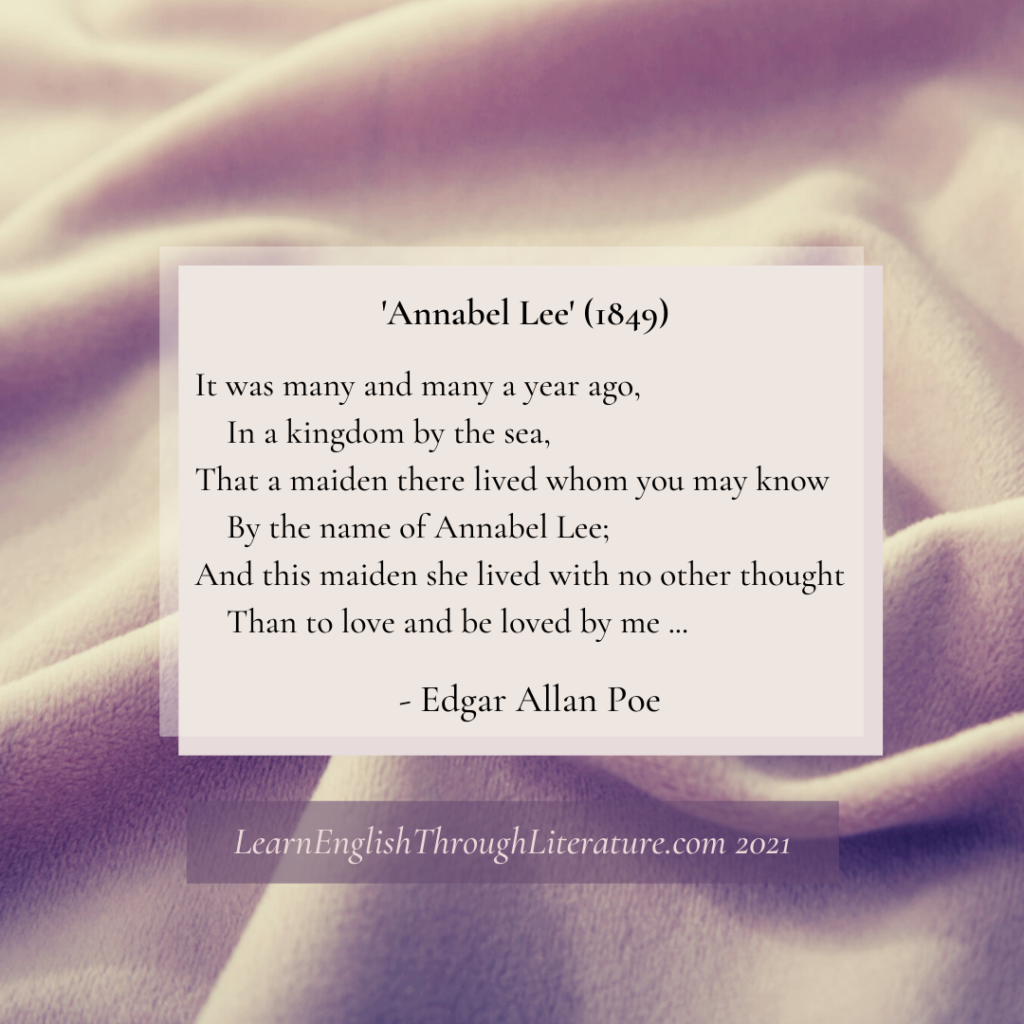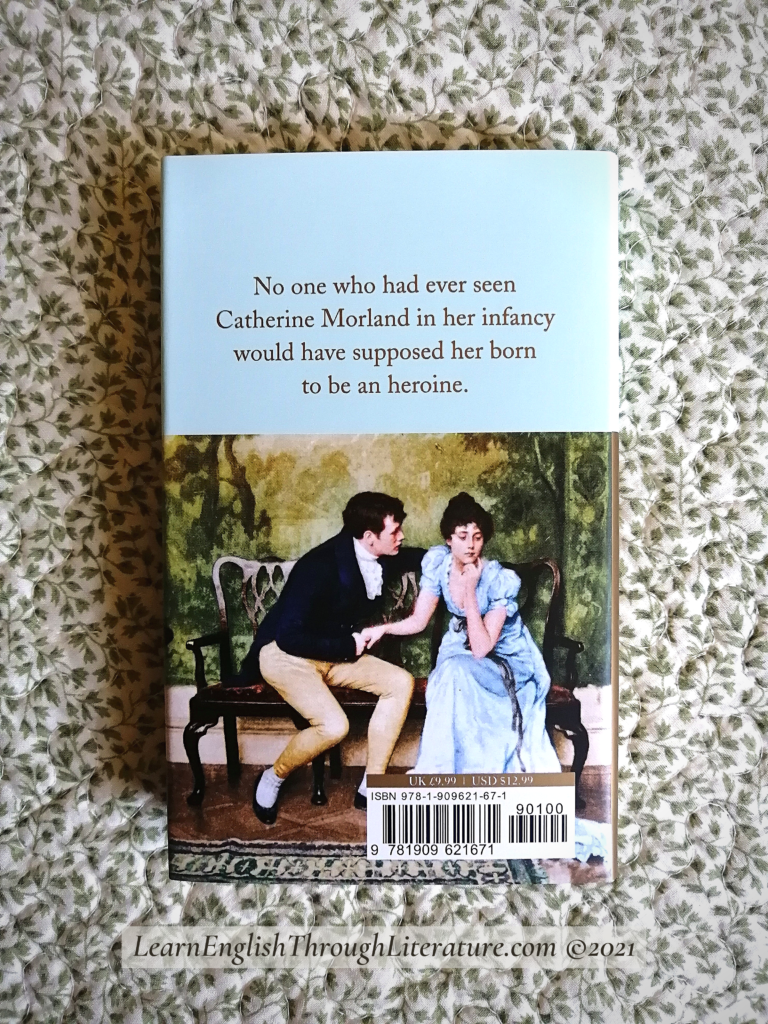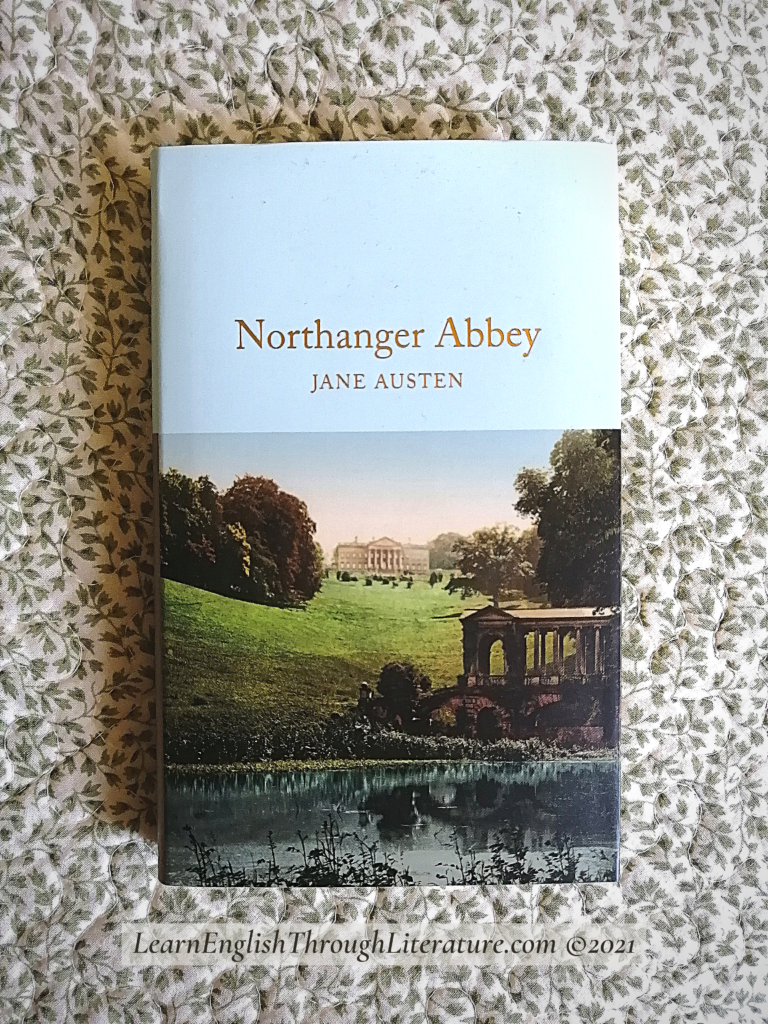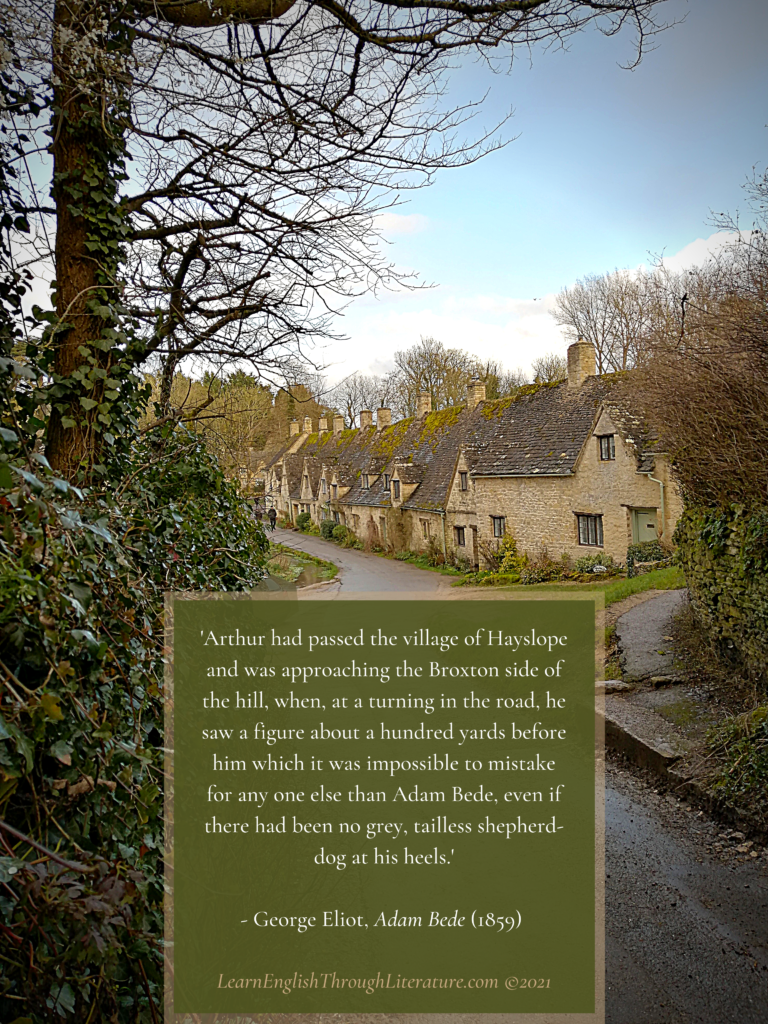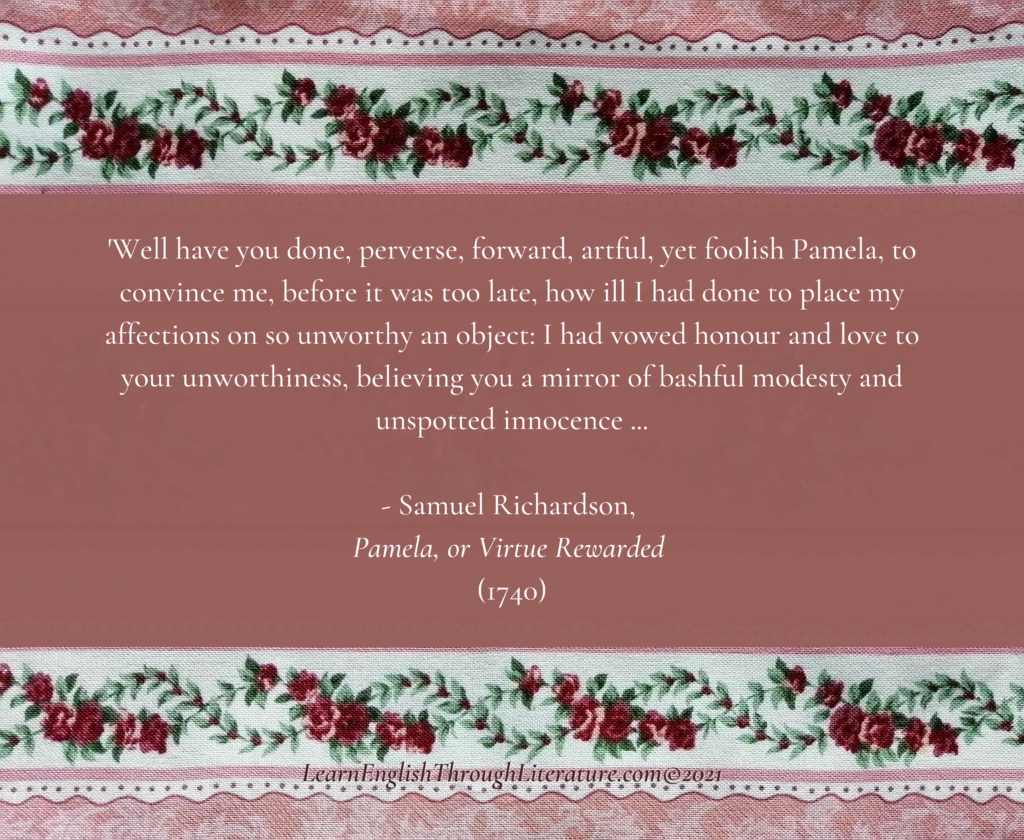Lesson #229: Reading for Appreciation: ‘A Psalm of Life’ by Henry Wadsworth Longfellow
As you may remember, every second Saturday we take the time to look at a poem from English or American literature. This week I am sharing with you a poem by the American poet Henry Wadsworth Longfellow (whose poem, ‘Paul Revere’s Ride’, we looked at in Lesson #187). 🖋️ As I thought about this poem […]
Lesson #229: Reading for Appreciation: ‘A Psalm of Life’ by Henry Wadsworth Longfellow Read More »

